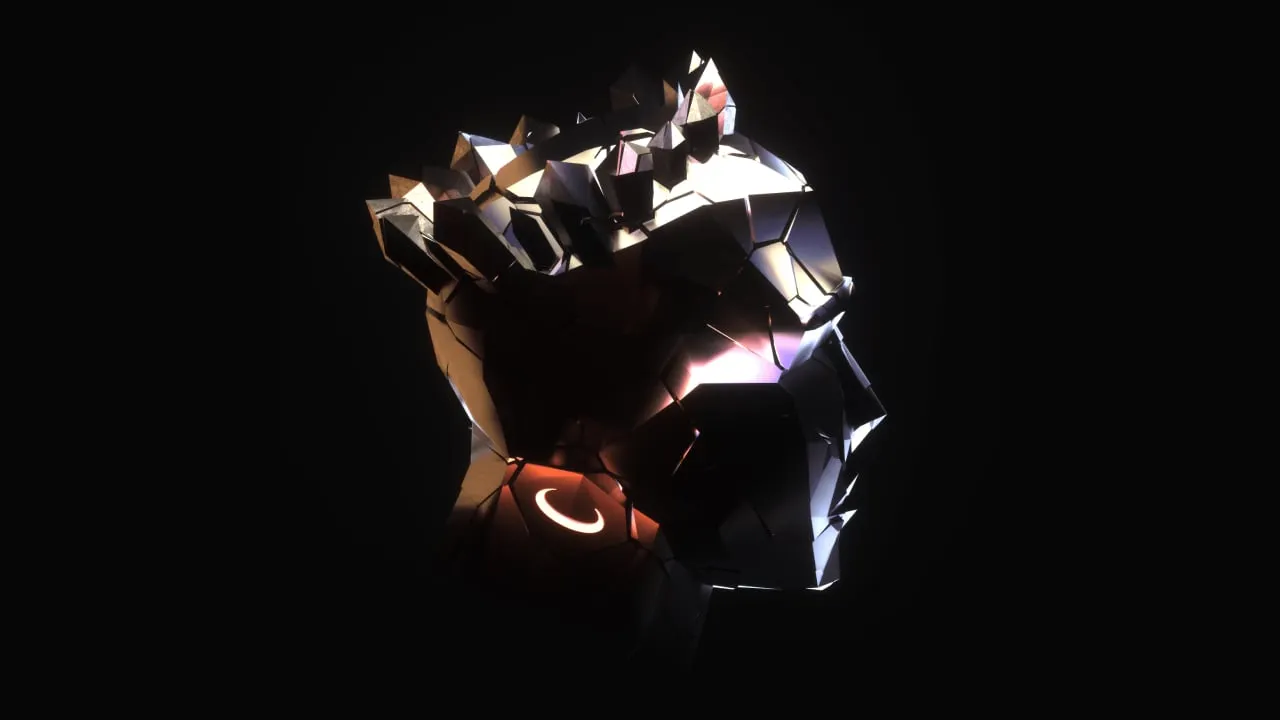NFT-gated investment DAO Vanta is making serious headway on its path to decentralization.
Originally started as an investment syndicate by Josh Field and Mike Grantis in 2021—its founders are giving ownership of the entire business to its community—the holders of the Vanta Club NFT.
“We’re undergoing this process of decentralization,” Field said on the Hash Rate podcast. That means “giving up what is essentially a million-dollar business back to the community that provides a lot of the capital and a lot of the value to the founders that we invest in.”
What is Vanta?
Grantis and Field initially started Vanta as a community of friends, builders, and tastemakers in the Web3 space. “We syndicated a lot of capital among tastemakers, people that really have an ear to the ground in Web3. Builders, thought leaders, angel investors, and traders,” said Field.
The model was simple: the pair would source deals themselves, offer them up to the Vanta community, and take a proportion of the investments made by the community—initially 10%, dropping to 5% since the NFT launch in February 2024, with investments gated to NFT holders. Vanta quickly grew to over 250 notable members, including the likes of Mark Jeffrey, Mario Nawful, Ryandcrypto, Farokh, and Seedphrase. As of today, they’ve deployed over $12 million in capital, with notable investments including Portal Gaming, which brought Vanta members over 20x in returns.
While there’s no shortage of investment syndicates, Vanta differentiated itself in terms of quality of deal flow, low fees, and the quality of its investors themselves. As Vanta became overrun with thousands of requests to join from new members, Grantis and Field decided it was time to take it to the next stage in its evolution—turning it into a decentralized autonomous organization (DAO).
Investment DAOs were one of the first DAO use cases to catch fire after the invention of the Moloch DAO framework, which restricts governance of the DAO to approved members. Giving groups of people the ability to coordinate capital and deploy it onchain in a decentralized manner was a big unlock for the crypto industry, and onchain coordination as a whole.
Now, five years after the launch of Moloch DAO, there are investment DAOs and syndicates of all shapes and sizes. They enable investors from all walks of life to gain access to deal flow that’s typically reserved for venture funds, and create a sense of transparency not found in traditional investing syndicates.
It takes two to Contango
As they prepared to turn the Vanta syndicate into a DAO, Grantis and Field started their own Venture Capital fund, Contango Digital. Their goal had always been to eventually start a fund, but after seeing the vibrant community they had built within Vanta, letting it fade away wasn’t an option.
“Why break this apart?”, Field said. “Why not keep it going and do something even grander? Take this business, which has essentially accrued millions of dollars in revenue, and provide that vehicle back to the community and let it run itself.”
They sought to create a symbiotic relationship between Vanta and Contango that could benefit both—while creating the infrastructure Vanta needs to operate autonomously, run completely by its members.
While Vanta already has a community of well known builders and thought leaders from the crypto space, Field and Grantis believe that it needs even more if it's going to reach the same heights as its centralized competitors. “If we want Vanta to be on the same cap table as funds like A16z… we have to provide an incredible amount of value and influence,” Field said. “The best way to do that is to bring on members that are high value members of the crypto space.”
In order to bring in even more high quality members, its founders believe that Vanta has to decentralize—and that many in the crypto space wouldn’t be as attracted to an investment syndicate that was essentially owned and operated by a fund, versus one that they owned and controlled as members.
Contango shares all of its deal flow with Vanta—deal flow that non-VC investors don’t typically get access to. Vanta, in turn, provides a sort of “decentralized due diligence” process on the projects that Contango brings to the table. With the Vanta community filled with builders, KOLs, and prominent investors—they provide “the wisdom of the crowd,” a scale and quality of due diligence that couldn’t be accomplished with a closed, traditional team.
The path to decentralization
As Vanta continues down its path to decentralization, there’s still much to be done. At the moment, Grantis and Field generate 90% of the deal flow—and in order for Vanta to operate as a DAO, that needs to change. The pair felt that with them bringing in the majority of deals, they were becoming a bottleneck to Vantas’ growth.
“There's so many different deals that we don't have access to or that we don't have visibility over,” Grantis said. “And there's other people in different parts of the industry that have more niche connections with different sectors. We want to give those people the ability to bring deals forward and also get compensated for doing that.”
C L U B ➡️ D A O pic.twitter.com/VZrZZj3tpX
— VANTA (@vanta_club) March 15, 2024
They’re focusing on breaking the DAO down into separate roles, including Researchers and Deal Scouts. Deal Scouts would bring in potential deals to the DAO; if the DAO community is interested, the Scouts get a commission and the deal gets passed along to the Researchers. The Researchers then put together in-depth reports, and would also be compensated via the DAO.
Vanta is currently working with Decent DAO to transition to a DAO structure and create a governance system and process. They expect the process to last roughly six months, which means Vanta could be completely in the hands of its community as early as this November.
Brought to you by Vanta DAO
Learn More about partnering with Decrypt.

